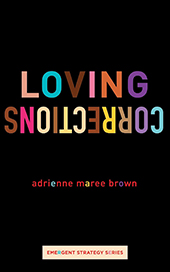For educators grappling with the pressures of AI’s sudden ubiquity, “Rethinking School in the Age of AI” is a much-needed, research-based pep talk. Maryanne Wolf, author of Reader, Come Home, approaches the work from her scholarship on cognitive neuroscience. She passionately argues that building a “beautiful reading brain” takes real and sustained effort, and she worries about young students who offload that hard work onto generative AI. Rebecca Winthrop, co-author of The Disengaged Teen, proposes an approach to education that moves away from an “age of achievement,” where schools sort and rank students, to an “age of agency,” which pushes students to uncover real knowledge and wisdom. At its most basic level, the episode offers cogent summaries of compelling research. However, its real gift to educators and administrators is the message that we are agents and that we can say no to technology that does not benefit the growing minds in our care. Winthrop and Wolf are not technophobes, but rather educators first and foremost. They offer a nuanced portrait of how AI can work in schools around the globe, but only if coupled with our embrace of human agency and the pursuit of knowledge and wisdom.









